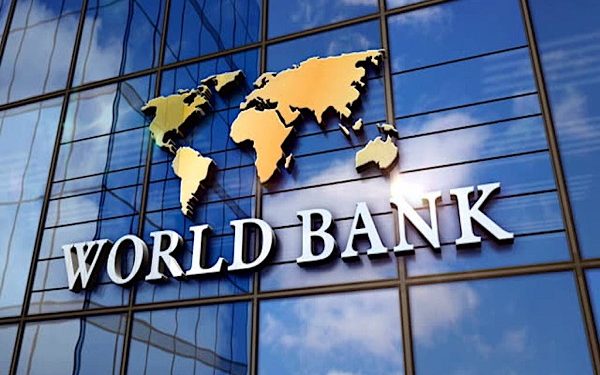The World Bank has issued a stark warning, indicating that seven states in the northwest and North-east regions of Nigeria may face food crises due to heightened insecurity and armed conflicts, leading to a decline in living standards across the affected areas.
In its latest Food Security report, the bank highlighted that significant portions of West and Central Africa are expected to remain minimally food insecure until May 2024. However, Nigeria, specifically the far north regions of Adamawa, Borno, Kaduna, Katsina, Sokoto, Yobe, and Zamfara states, are projected to experience crisis-level food insecurity, largely attributed to ongoing insecurity and deteriorating livelihoods.
Despite government initiatives to cultivate 323,000 hectares of farmland for wheat, rice, maize, and cassava during the 2024 dry season farming, the situation remains precarious in these states.
Food inflation, aggravated by global conflicts like the Russia-Ukraine war, continues to exacerbate the situation. In Nigeria, food prices have surged significantly, with the latest Consumer Price Index (CPI) report from the National Bureau of Statistics indicating over a 33 percent increase in food inflation.
Alarmingly, the Food and Agricultural Organisation has warned that approximately 5 million Nigerians are at risk of hunger in 2024, underscoring the severity of the situation.
The report also highlighted food insecurity concerns in other West African countries such as Burkina Faso, Chad, and Niger, with specific regions within Nigeria’s Northeastern states facing emergency food security levels due to limited household food stock and restricted access to markets and humanitarian aid.
Moreover, the report revealed alarming statistics on global food inflation trends, indicating a significant rise in inflation levels across various income categories and regions.
Despite efforts by the Nigerian government, including President Bola Tinubu’s declaration of a food insecurity emergency and subsequent action by the National Security Council, the impact on curbing food price hikes remains limited.
Recent protests in Niger state over rising food prices and hunger further highlight the urgency of addressing the food insecurity crisis gripping the nation.




